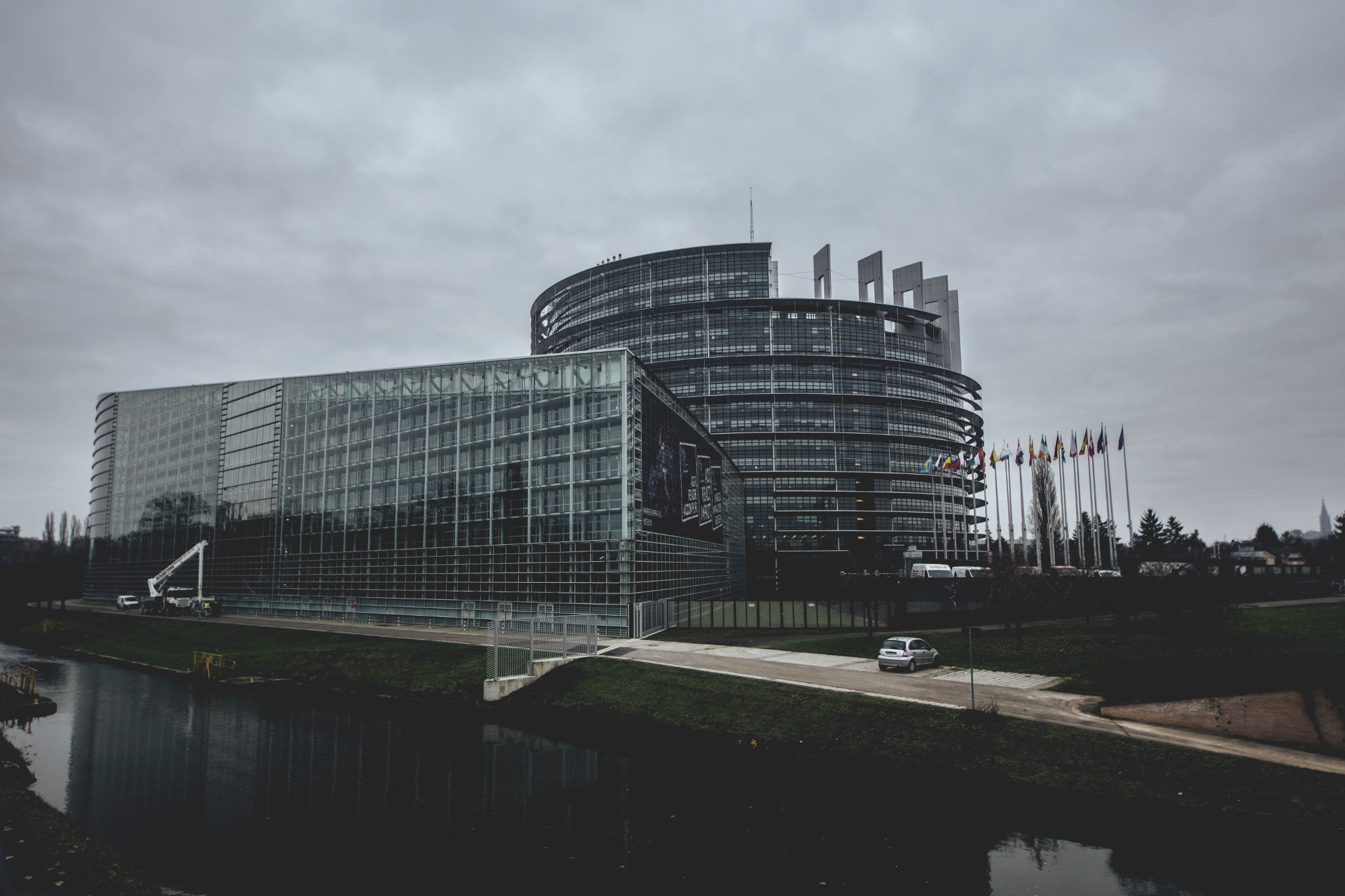When I was in my teens, the internet was a symbol of opportunity for me.

In the physical world, we always lacked money. Parents sacrificed a lot to build a house. The jobs available to them were not great because of their education. We lived in a village, where everything seemed so backward to me. I was battling this internal fight with the environment around me. My father appreciated physical work and couldn’t see the point of computers. But to me the internet was everything. Digital world was where the infinite opportunities laid. Being constantly reminded of our family’s shallow pockets I got motivated by pursuing things where success is potentially unlimited. I didn’t want to be a doctor, because laws tightly regulate the profession. I didn’t want to be a lawyer because I couldn’t imagine myself sitting in front of thick books. I wanted to do something big online, and I spent a lot of time learning to program. Idealized stories about people like Sergey Brin, Larry Page, Mark Zuckerberg fueled my enthusiasm.
Intellectual opportunities were significant too. A vast array of knowledge was in front of my fingertips. I was able to find explanations of things I didn’t understand. I could access digital books that I couldn’t see in the local library. I got access to music that no radio station was playing. It was a place where I could find help for my most intimate problems, and it was the only place where I could find support before I came out of the closet.
Internet was heaven. Out of parent’s sight, no capital needed to access everything and place where you can create and express yourself. But the internet is changing. It looks like the parents are catching up with it. There seem to be laws about it now. “It for your own good,” mother would say.
So far there are two significant regulations in the EU: the cookie law and GDPR. Neither of them appears to be a big success. The practical effect is one more pop-up on each website. “Accept all” is the magical button that gives you access to the content you’re looking for. Most people click it because risks of data collection are too abstract to bother. Just yesterday the European Parliament passed another document that will transform relationships on the internet: “Directive on Copyright in the Digital Single Market.” The directive aims, as the title says, to unify 27 different copyright laws. In Slovenia, we still cannot legally access Spotify. This directive will supposedly make it easier for content providers to launch their services in all EU members states at once.
But the directive has been a source of controversy ever since it was first published in 2016. There are two problems: Link tax and the shift of responsibility for copyright infringements to the content sharing platforms which may lead to automatic content filters and suppression of free speech.
So-called “link tax” grants publishers of press publications direct copyright over the articles. This change will give them more power when enforcing their rights towards news aggregators who publish snippets of original text. The impact of this article is exaggerated. The link itself is not enough; there must also be a substantial amount of the original content next to the link. The directive is specific enough that it shouldn’t pose problems to non-profit sites like Wikipedia. It excludes scientific research and linking for private purposes (posting on your social media profiles, in emails, etc.).
The larger point of concern is article 13 (now renumbered as article 17). It affects platforms for uploading content such as YouTube. Previously uploading pirated content was a responsibility of the person who uploaded it and the platform was considered innocent in such copyright infringement. New legislation moves the responsibility towards the platform. Platforms will have to show that they are actively fighting piracy. The assumption is, that content filters are the only realistic way of fighting this problem. Inevitably such automated filters would make mistakes. In cases such as parody or critique, it could lead to the suppression of freedom of expression. While this sounds terrible, the actual text of the directive leaves some place for optimism. The directive requires platforms to establish an appeals process, probably with human review, with the power to override wrong decisions by automatic filtering systems. The open-source community is safe for now. GitHub and other open-source hosts have been granted exemptions from all of this.
Regardless, the Internet is growing up. And while growing up, the big dream is slowly being replaced by limits and responsibility. Rules and laws will eventually facilitate smoother relationships between subjects on the internet. The internet is not a toy anymore. Big dream and unlimited freedom are being replaced by the power to have a tremendous impact. Responsibly and lawfully.